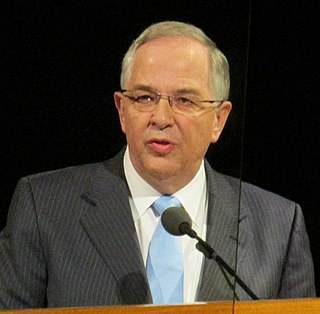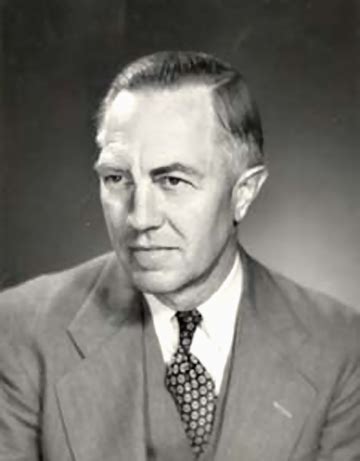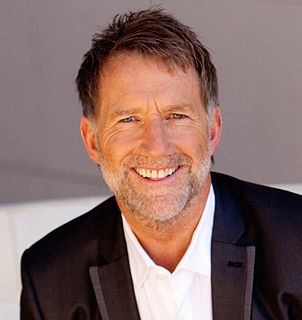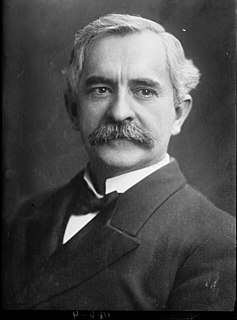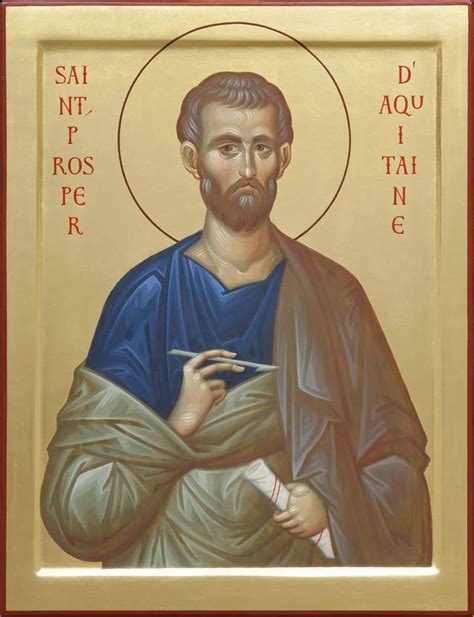A Quote by John Cassian
The apostles were very sure that everything of theirs which had to do with salvation was a gift to them from God. 'Increase our faith'. They did not presume that the fullness of faith would come to them merely because they freely opted for it. They believed, rather, that it was a gift of God which would have to be granted to them.
Related Quotes
The gift of faith is a priceless spiritual endowment... Our faith is centered in God our Father, and Jesus Christ, our Savior and Redeemer. It is bolstered by our knowledge that the fullness of the gospel has been restored to the earth; that the Book of Mormon is the word of God; and that prophets and apostles today hold the keys of the priesthood. We treasure our faith, work to strengthen our faith, pray for increased faith, and do all within our power to protect and defend our faith.
Old Testament Israel had some foundational pillars of faith. They were true and robust and God given. The trouble was that people had come to trust in them merely by repeating them, without paying any attention to the ethical implications of what their faith should mean in how they lived. They believed God had given them their land. He had. But they had not lived in it in either gratitude or obedience. They had not fulfilled any of the conditions that Deuteronomy had made so clear.
The blessed Paul argues that we are saved by faith, which he declares to be not from us but a gift from God. Thus there cannot possibly be true salvation where there is no true faith, and, since this faith is divinely enabled, it is without doubt bestowed by his free generosity. Where there is true belief through true faith, true salvation certainly accompanies it. Anyone who departs from true faith will not possess the grace of true salvation.
It is absurd to think that anything in us could have the least influence upon our election. Some say that God did foresee that such persons would believe, and therefore did choose them; so they would make the business of salvation to depend upon something in us. Whereas God does not choose us FOR faith, but TO faith. "He hath chosen us, that we should be holy" (Eph. 1:4), not because we would be holy, but that we might be holy. We are elected to boldness, not for it.
Salvation is accomplished by the almighty power of the Triune God. The Father chose a people, the Son died for them, the Holy Spirit makes Christ's death effective by bringing the elect to faith and repentance, thereby causing them to willingly obey the gospel. The entire process (election, redemption, regeneration) is the work of God and is by grace alone. Thus God, not man, determines who will be the recipients of the gift of salvation.
In Matthew 16:19, Jesus said that He would give us the keys to the Kingdom. Faith is the major key that opens every door in the Kingdom. It is a master key. Therefore it is imperative that we understand the ways of faith. Because these keys are the ways of God the natural man cannot receive them. They are spiritually understood. They are foolishness to the natural man. When a gift of the Spirit operates. Then we are able to impart that gift to others and teach them how to function in it also.
It is true that the faith, which I am enabled to exercise, is altogether God's own gift; it is true that He alone supports it, and that He alone can increase it; it is true that, moment by moment, I depend upon Him for it, and that, if I were only one moment left to myself, my faith would utterly fail.
Faith is a gift of God. Without it there would be no life. And our work, to be fruitful, and to be all for God, and to be beautiful, has to be built of faith. Faith in Christ who has said, I was hungry, I was naked, I was sick, and I was homeless, and you ministered to me! On these words of His all our work is based.
We need a quickening of faith; faith in the power of the God of Pentecost to convict and convert three thousand in a day. Faith, not in a process of culture by which we hope to train children into a state of salvation, but faith in the mighty God who can quicken a dead soul into life in a moment; faith in moral and spiritual revolution rather than evolution.
And just as there are no crimes so detestable that they can prevent the gift of grace, so too there can be no works so eminent that they are owed in condign [deserved] judgment that which is given freely. Would it not be a debasement of redemption in Christ’s blood, and would not God’s mercy be made secondary to human works, if justification, which is through grace, were owed in view of preceding merits, so that it were not the gift of a Donor, but the wages of a laborer?
People think of faith as being something that you don't really believe, a device in helping you believe simply it. Of course that is quite wrong. As Pascal says, faith is a gift of God. It is different from the proof of it. It is the kind of faith God himself places in the heart, of which the proof is often the instrument... He says of it, too, that it is the heart which is aware of God, and not reason. That is what faith is: God perceived by the heart, not be reason.
I am learning that mature faith, which encompasses both simple faith and fidelity, works the opposite of paranoia. It reassembles all the events of life around trust in a loving God. When good things happen, I accept them as gifts from God, worthy of thanksgiving. When bad things happen, I do not take them as necessarily sent by God -- I see evidence in the Bible to the contrary -- and I find in them no reason to divorce God. Rather, I trust that God can use even those bad things for my benefit.
The men of Normandy had faith that what they were doing was right, faith that they fought for all humanity, faith that a just God would grant them mercy on this beachhead or the next. It was the deep knowledge - and pray God we have not lost it - that there is a profound moral difference between the use of force for liberation and the use of force for conquest.

